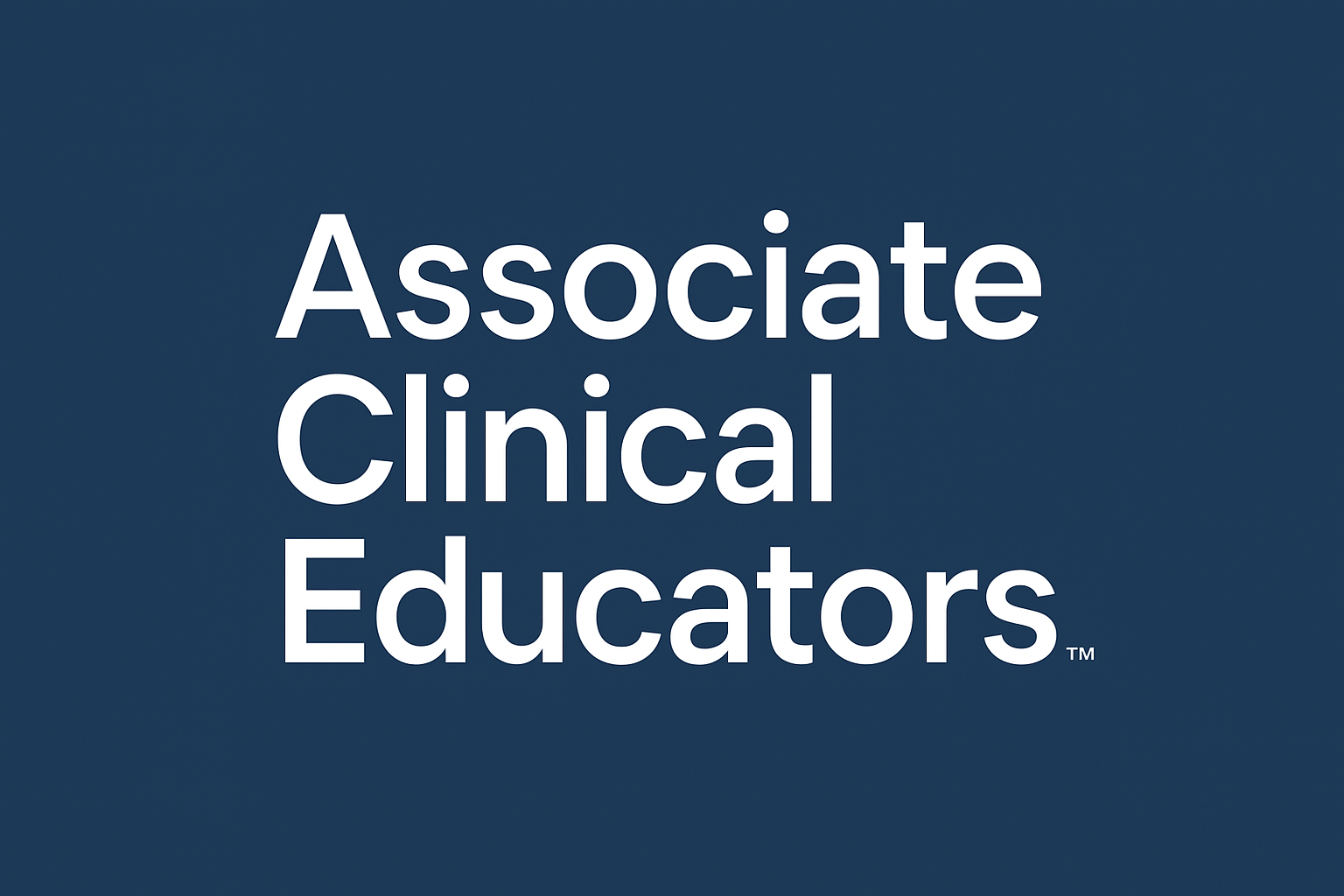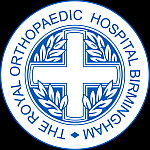Meducate Academy On The Physician Associate Podcast
Those that follow us on social media will also know that we were interviewed by James Catton of The Physician Associate Podcast. We had a great time answering his many questions, and it also gave us the opportunity to let a...
Read More


